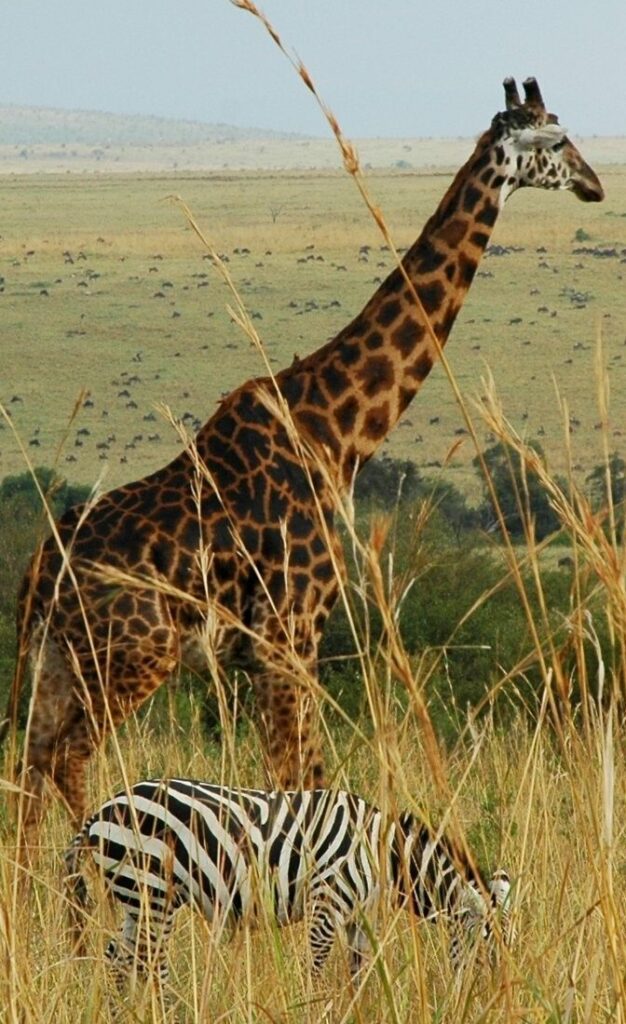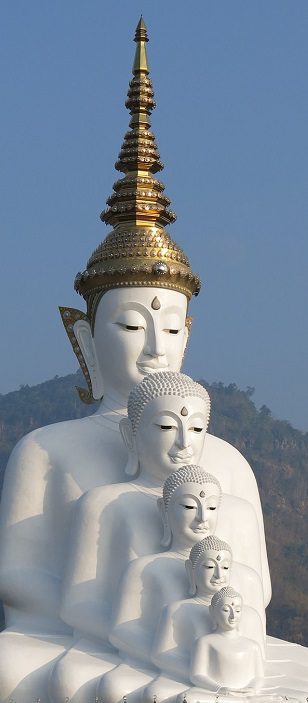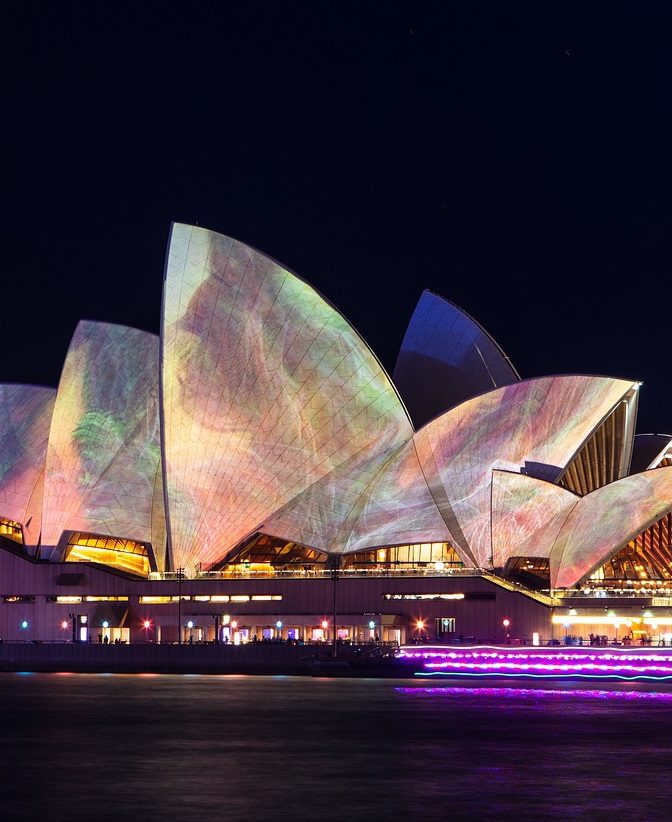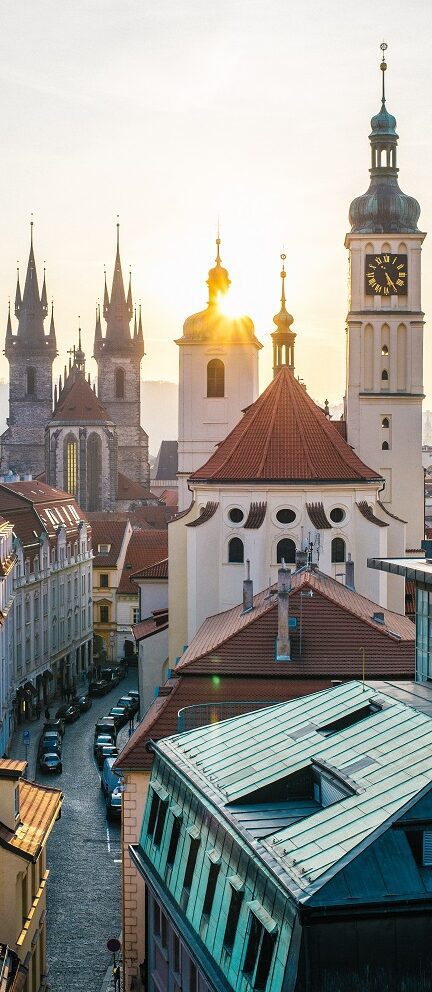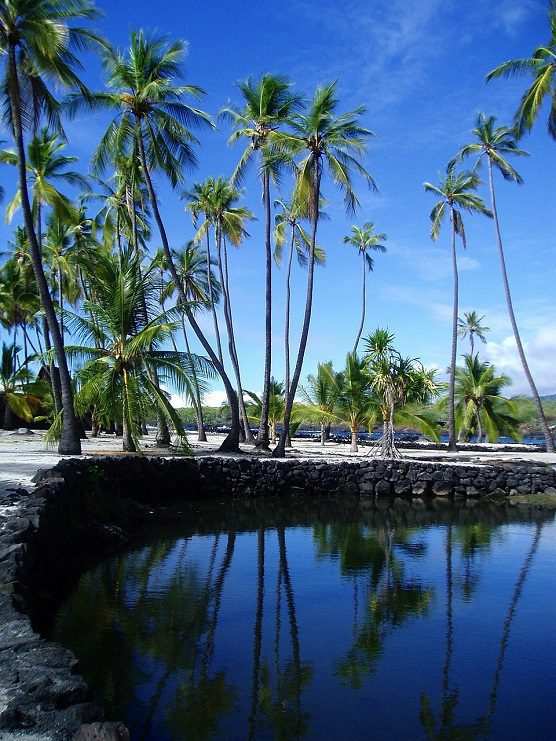In the canopy the tocororo calls; the plumage of the national bird is the blue, white and red of Cuba’s flag. At a stall we drink from coconuts, the taste milky-metallic and nourishing. Hot rain falls and it turns cool, but not cool enough. At the end of the sticky walk I swim, sighing with pleasure and gratitude, in a little river with a waterfall. The first real jewel among my new Cuban discoveries comes in the little city of Baracoa. Dominated by angular green mountains, which isolated it from the rest of the island until the 196Gs when a new road was built, it is a dreamy town that might have fallen out of the pages of a Gabriel Garcia Marquez novel – steamy, floral and self-sufficient. I watch exuberant children play in the street, where passing drivers wave and ask after their parents.

They will grow up as other Cubans have since the revolution: knowing their neighbours, mixing across generations» given to music and dancing from infancy, educated by an entire society. Over the next two days I take trips up the Yumuri and Duaba rivets in rowing boats, lulled by the humid sky and the plash of oats. On the Yumuri I join a family on a sandbank picnicking in a canyon; on the Duaba, a wider river, I come to a thatched bar. One day, I suspect, there will be hundreds of visitors here, lounging, eating, drinking, fishing. If you go now the only people you will see are women washing clothes on the bank, near where the river meets the sea. These are delightful trips, but nothing can beat the city of Baracoa at night, when the music plays.
There’s always a casa de la trova near the town centre in Cuba, often just off the main square. They tend to be large rooms with a bar at the back and chairs facing a small stage occupied by a single musician or as many who can squeeze onto it. Open windows release the music onto the streets, which become turbulent with dancers and bystanders. Cuban trovadores are singer-songwriters, their craft based on guitar and voice, but casas now host groups playing congas, trumpets, cowbells, claves and more, and with backing singers. The pleasure of being part of a performance is immense. The wooden room rings and thrums with interlocking rhythms.
